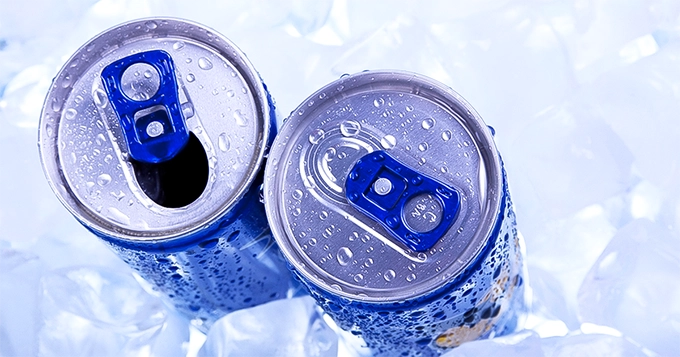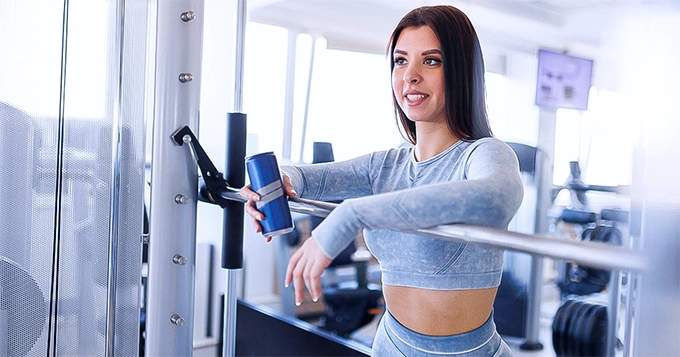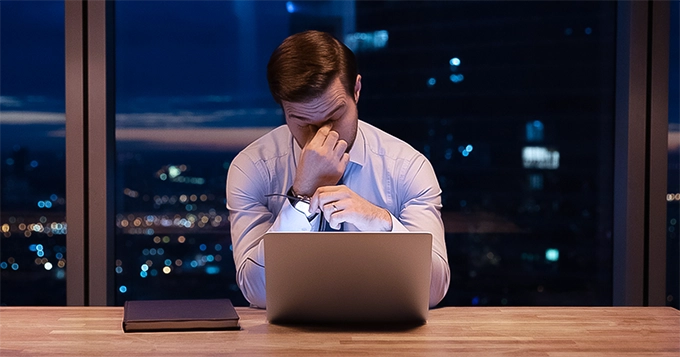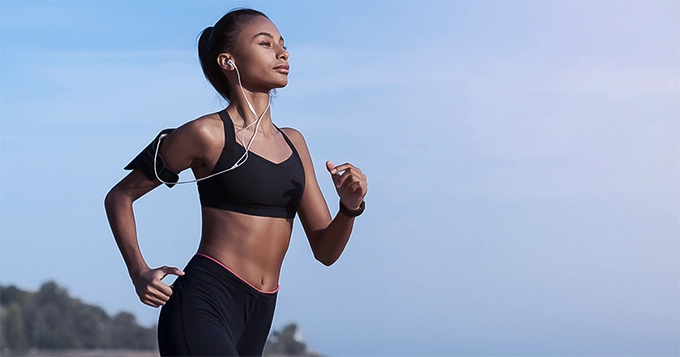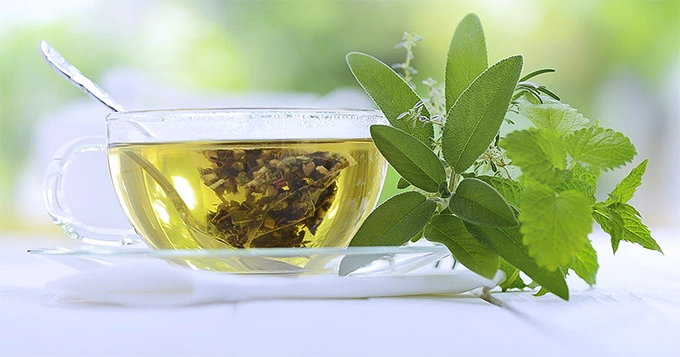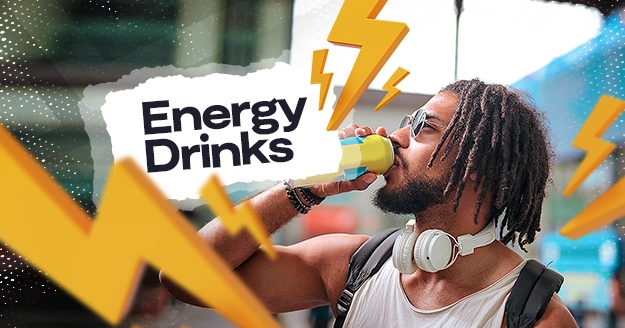Energy drinks are beverages that frequently contain high levels of caffeine, additional sugars, and safe stimulants, including guarana, taurine, and L-carnitine.
For the majority of people, plain water is the most hydrating beverage, although sports and energy drinks are often promoted to people who need an energy boost to get through the day or to those who are working out.
Although they are occasionally mistaken for sports drinks, energy drinks are a totally different kind of product. High caffeine and at least as much sugar as soda are usually observed in energy drinks. They are also advertised to boost energy and alertness and are consumed by people of all ages (teens to adults), and their appeal is only increasing.
But some medical professionals have voiced worry that energy drinks might have side effects, which has led many people to doubt their safety. In this article, you’ll learn about the benefits and risks of energy drinks and how to balance energy drinking consumption with a healthy lifestyle.
Benefits of Energy Drinks
Is your energy drink healthy? Some benefits of drinking energy drinks are:
Energy Drinks Can Improve Brain Function
It can be good for the brain. Many scientists think caffeine is the only factor responsible for this improvement in brain function. The caffeine in energy drinks suppresses the effects of adenosine, which means that you feel less drowsy than you otherwise would.
Additionally, caffeine activates neurons and causes our pituitary gland to go into “fight or flight” mode, keeping us alert. However, according to some experts, energy drinks must contain both sugar and caffeine for the benefits to be maximized. But not just the caffeine and sugar in energy drinks have an impact on your brain. B vitamins and taurine are other nutrients that have an effect on the brain.
Energy Drinks Can Improve Your Memory
One of the energy drink healthy effects is improved memory. Caffeine, taurine, and other components found in energy drinks work well together to energize our brains and enhance memory and focus.
Energy Drinks Can Help Tired People Function
Energy drinks are often consumed to aid persons who are sleep deprived or fatigued in functioning. These drinks are frequently used by night shift employees to help them complete tasks while most people are asleep.
Bad Effects of Energy Drinks
Energy drink healthy benefits do exist. But there’s also a downside to it.
Low Sleep Quality
Energy drinks can help people function when they are exhausted, but some people may notice that their sleep quality declines after consuming them.
Caffeine in energy drinks not only makes it harder to fall asleep, but it can also shorten your sleep and make it less restful and sound. Consequently, because you didn’t get enough deep sleep, you’ll feel more sleepy, exhausted, and unable to concentrate the next day.
Heart Complications
Energy drinks may cause heart issues, according to some concerns. The majority of medical professionals think that consuming too much caffeine contributes to heart issues linked to the consumption of energy drinks. Consuming highly caffeinated beverages has been shown to increase the risk of developing this potentially serious heart ailment.
Dehydration
Energy drinks have a reputation for dehydrating its users, especially those who consume them while working out.
Energy drinks lack electrolytes. Energy-boosting beverages high in caffeine induce the body to release water in an effort to dilute the entry of sugar into the bloodstream, which can result in dehydration.
Anxiety
When consumed in large quantities, sugar, and caffeine can cause symptoms including irritability, anxiety, restlessness, and nausea that are severe enough to necessitate hospitalization.
Caffeine and other stimulants amplify our inherent anxiety symptoms, such as rapid heartbeat and racing thoughts. Caffeine might increase your symptoms if you already have anxiety tendencies.
Can increase sugar levels
The majority of energy drinks have really high sugar content. These blood sugar increases have been associated with elevated levels of oxidative stress and inflammation, which have been connected to the development of nearly every chronic disease.
Anyone’s blood sugar will jump after consuming this much sugar, but those with diabetes or trouble managing their blood sugar should use extra caution when drinking energy drinks.
However, the sugar content of energy drinks may still be a cause for concern for those who do not have diabetes. According to one study, consuming one or two sugar-sweetened drinks daily was associated with a 26% increased risk of type 2 diabetes.
How to balance energy drink consumption with a healthy lifestyle
Limit your energy drink intake
It is doubtful that occasionally consuming one energy drink will result in issues. Limit your intake to 16 ounces or 473 ml each day and abstain from any other caffeinated beverages to minimize potential impact.
Stay hydrated
You should keep in mind that energy drinks are not alternatives to water. Since we already established that drinking energy drinks can cause dehydration when your body tries to dilute the sugar and because they lack electrolytes. To combat this, try to drink more water.
Get enough sleep
Make sure that you get enough sleep. You can make your room colder, close the curtains to make it darker, and get comfortable on your bed. Avoid using cell phones or any gadgets before sleeping. The brain is tricked by blue light from phones into believing it is daytime. When that occurs, the body stops producing melatonin, a hormone associated with sleep. Nature provides us with melatonin to help us relax and get ready for bed.
Exercise
Exercise helps your circulatory system function more effectively by distributing oxygen and nutrients to your tissues. Additionally, you have more energy to complete daily tasks as your cardio and lung health improves.
Alternatives to Energy Drinks
- Greens Powder
- Green Tea
- Fresh Juice
- Yerba Mate
- Matcha
- Dark Chocolate
- Ginseng Tea
- Ginger Root Tea
If you’re looking for foods for energy that you can use as alternatives to energy drinks, you can try high energy dense foods that give you energy to go through your day (or night if you are a night shift worker).
Foods that are heavy in fat or sugar and low in water tend to have a greater energy density, such as biscuits, fried chips, fried chicken, fatty meats, sweet and savory pastries, pies, and cakes. That said, energy giving food is usually high in calories, so you still need to watch your intake.
